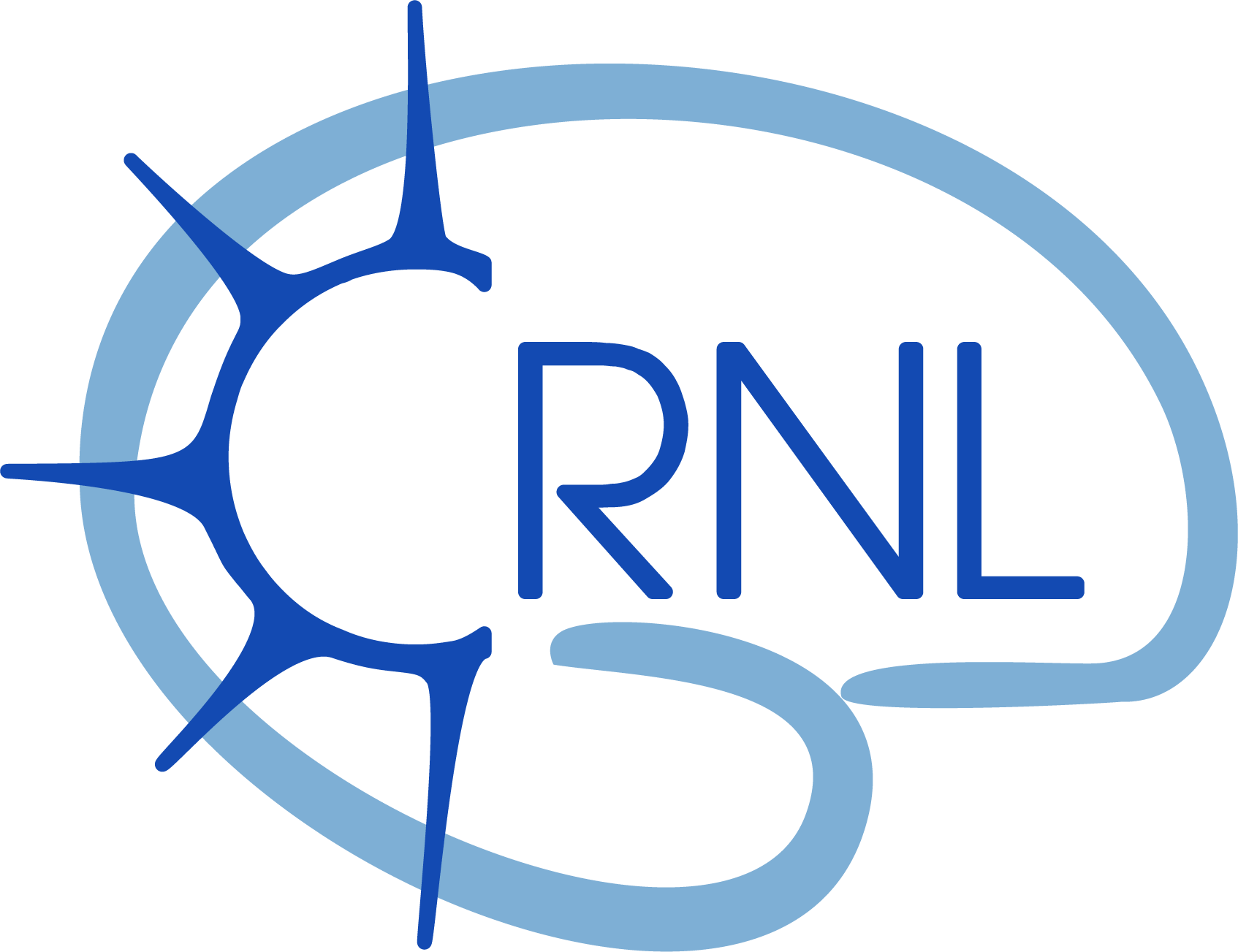Effect of an 18-Month Meditation Training on Telomeres in Older Adults: A Secondary Analysis of the Age-Well Randomized Controlled Trial
Résumé
BACKGROUND: Shorter telomeres are associated with increased risk of cognitive decline and age-related diseases. Developing interventions to promote healthy aging by preserving telomere integrity is of paramount importance. Here, we investigated the effect of an 18-month meditation intervention on telomere length (TL) measures in older people without cognitive impairment. METHODS: A total of 137 adults age $65 years were randomized to one of the 3 groups (meditation training, nonnative language training, or passive control). We evaluated the 50th and 20th percentile TL and the percentage of critically short telomeres (,3 kbp) in peripheral blood mononuclear cells. RESULTS: Mixed model analysis showed a time effect indicating a general decrease on the 50th percentile TL (F = 80.72, p adjusted , .001), without a significant group effect or time 3 group interaction. No significant effect was detected in the 20th percentile TL or the percentage of critically short telomeres. Secondary analysis showed that only in the meditation training group 1) the 50th percentile TL positively correlated with class attendance time (r = 0.45, p adjusted , .011), 2) the 50th and 20th percentile TL positively correlated with responsiveness to the intervention, evaluated through a composite score (r = 0.46, p adjusted , .010 and r = 0.41, p adjusted = .029, respectively), and 3) lower scores on a measure of the personality trait "openness to experience" correlated with a lower percentage of critically short telomeres after the intervention (r = 0.44, p adjusted = .015). CONCLUSIONS: In older adults, we found no evidence for a main effect of an 18-month meditation training program on TL compared with the control groups. Our findings highlight the importance of considering the impact of moderating factors when measuring the effectiveness of meditation-based trainings.
| Origine | Publication financée par une institution |
|---|---|
| licence |




